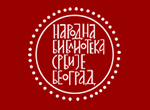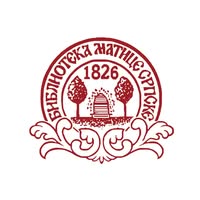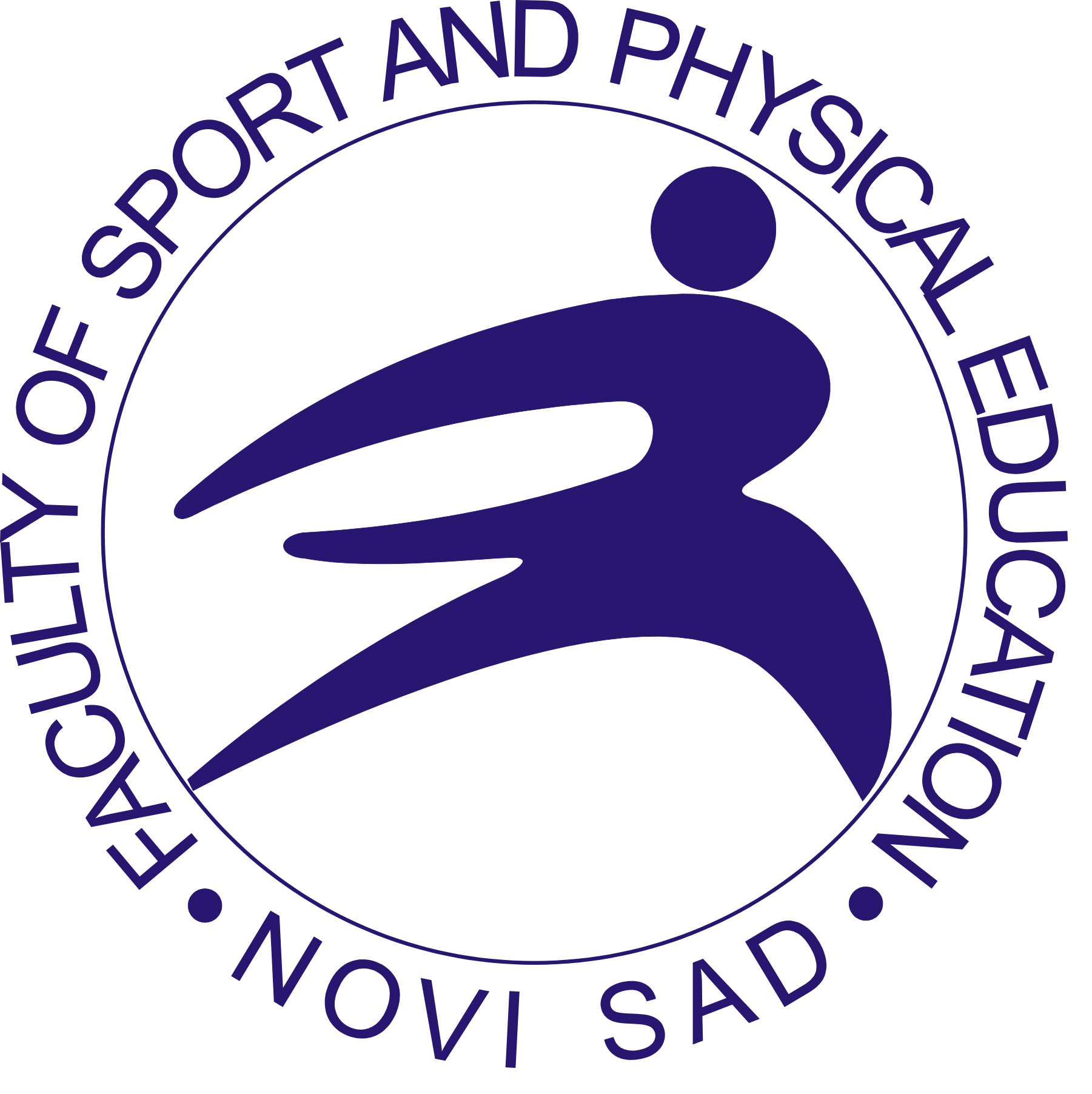
More articles from Volume 15, Issue 1, 2023
Inability to perform the five-chair stand test predicts increased risk of sarcopenia in nursing home residents
Relationship between reaction time and performance in the 60 m hurdles at the 2022 World Indoor Championships
The influence of linear speed on the ability to change the direction of movement in elite female football players
Influence of health status and loneliness on satisfaction with life, emotional dimensions, and distress in junior handball players
Motor competence of children with different levels of physical activity
Citations

2

Milan Matić, Vladimir Mrdaković
(2023)
Relationship between reaction time and performance in the 60 m hurdles at the 2022 World Indoor Championships
Exercise and Quality of Life, 15(1)
10.31382/eqol.230602
Milan Matić, Vladimir Mrdaković, Miloš Marković
(2023)
Sprint race distance affects reaction time in male and female sprinters at the 2022 World Indoor Athletics Championships
Exercise and Quality of Life, 15(2)
10.31382/eqol.231206Relationship between reaction time and performance in the 60 m hurdles at the 2022 World Indoor Championships
 ,
,
University of Belgrade, Faculty of Sports and Physical Education, Belgrade, Serbia

University of Belgrade, Faculty of Sports and Physical Education, Belgrade, Serbia
Abstract
Previous studies indicate that there is a large influence of the starting reaction time (RT) on sprint performance, but also that some recent changes in athletic rules may affect this correlation. This study aimed to examine the relationship between RT and results in: men’s (M60mH) and women’s (W60mH) disciplines 60 m over hurdles, 60 m hurdles in the heptathlon (H), 60 m hurdles in the pentathlon (P) at the recently held World Indoor Championship 2022 (WIC). The aim was also to determine whether there are differences in RT between M60mH and W60mH, M60mH and H, W60mH, and P, and between H and P. The study included 170 competitors who competed at the WIC. Pearson’s linear correlation coefficient (r) was used for correlation analysis, and the t-test for independent samples was used to examine differences between groups. A statistically significant correlation (r=0.23, N=72, p=0.05) was found between the results and RT in W60mH when observing the entire sample of participants (r2 = 5.29). Considering that in H (r=0.42, N=10, p=0.23, r2=0.18) and P (r=0.54, N=12, p=0.07, r2=0.29), a much higher correlation was obtained between results and RT than in competitors in the 60 m hurdles event, we believe that this is a consequence of different athletic rules that refer to a false start. There are no significant differences between RT for M60mH and W60mH, M60mH and H, W60mH, and P, and between H and P. Coaches should pay attention to developing all parts of the sprint race, including the reaction time.
Keywords
References
Citation
Copyright

This work is licensed under a Creative Commons Attribution-NonCommercial-ShareAlike 4.0 International License.
Article metrics
The statements, opinions and data contained in the journal are solely those of the individual authors and contributors and not of the publisher and the editor(s). We stay neutral with regard to jurisdictional claims in published maps and institutional affiliations.
























